A fast-rising issue in many leagues including the NFL, player gambling will carry ramifications no longer confined to internal enforcement structures, but rising to the level of criminal prosecution.
This week, Iowa authorities charged four current and former Iowa State Cyclones athletes, including starting quarterback Hunter Dekkers and current Denver Broncos lineman Eyioma Uwazurike, with allegations including records tampering and placing dozens of bets on Iowa State sporting events.
The Iowa probe also resulted in charges for three other college athletes, including Iowa kicker Aaron Blom, who has been accused of placing 170 bets prior to turning 21.
That developing situation parallels a separate one in Colorado in which Uwazurike also faces a criminal investigation by that state’s attorney general into bets made in violation of state law, which prohibits players from betting on sports in which they are a participant.
Ten NFL players have been suspended for gambling violations this year, including Uwazurike.
Changing Times
Since the landmark 2018 U.S. Supreme Court ruling allowing states to establish their own sports betting laws, the industry has grown dramatically, and each major sports league expanded its own internal rules for players and coaches. Those rules have primarily focused on tight restrictions on betting on their own sports and banning wagering at team facilities. Many governing bodies, including the NCAA, have since toughened those internal policies.
Dekkers’ attorney Mark Weinhardt argues the issue should stay an internal one.
“This prosecution interferes with and politicizes what is the business of Iowa State University and the NCAA,” he said. “The investigation at the Iowa universities is the tip of an iceberg. Thousands and thousands of college students place bets — usually very small ones — with shared accounts. That is for the schools and the NCAA to police.”
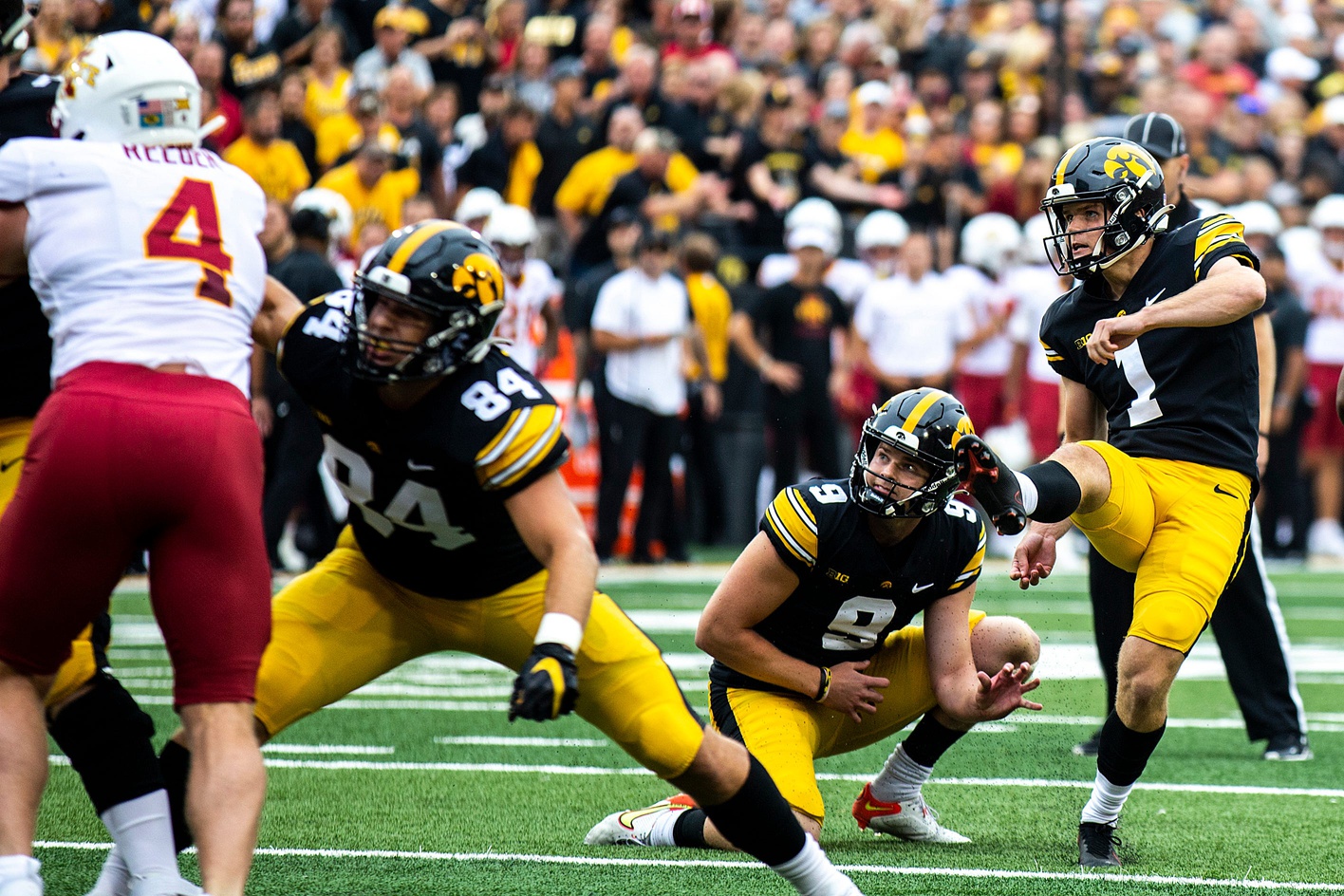

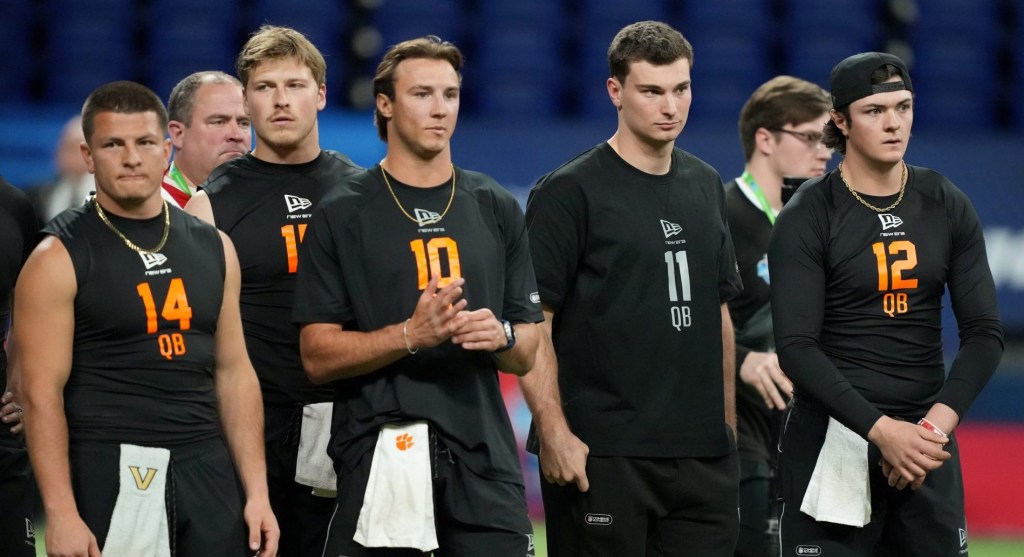
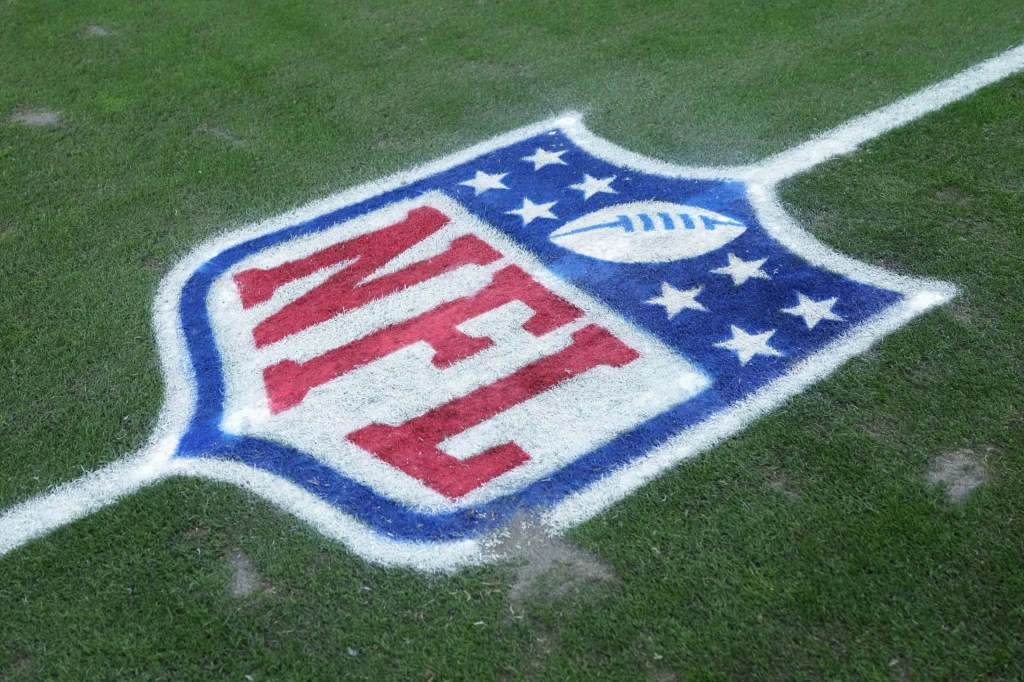
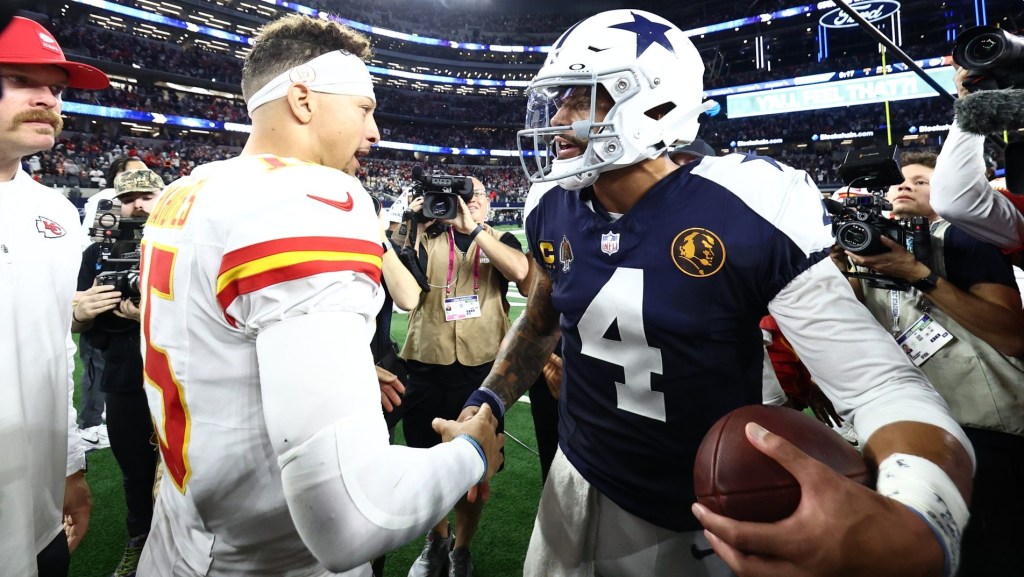

![[Subscription Customers Only] Jun 15, 2025; Seattle, Washington, USA; Botafogo owner John Textor inside the stadium before the match during a group stage match of the 2025 FIFA Club World Cup at Lumen Field.](https://frontofficesports.com/wp-content/uploads/2026/02/USATSI_26465842_168416386_lowres-scaled.jpg?quality=100&w=1024)
![[Subscription Customers Only] Jul 13, 2025; East Rutherford, New Jersey, USA; Chelsea FC midfielder Cole Palmer (10) celebrates winning the final of the 2025 FIFA Club World Cup at MetLife Stadium](https://frontofficesports.com/wp-content/uploads/2026/02/USATSI_26636703-scaled-e1770932227605.jpg?quality=100&w=1024)

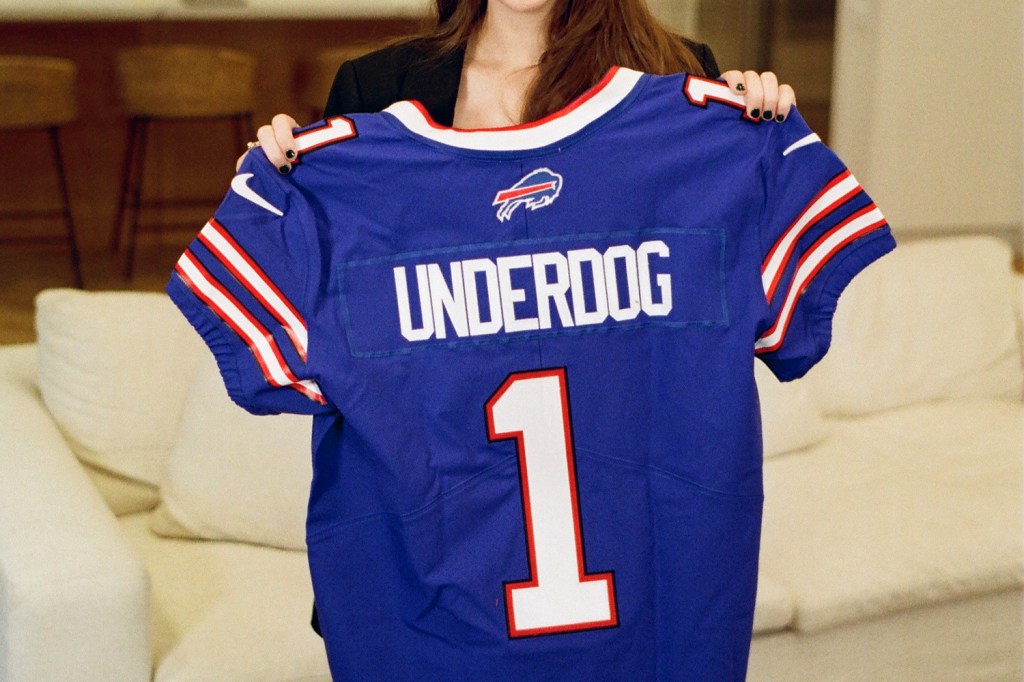

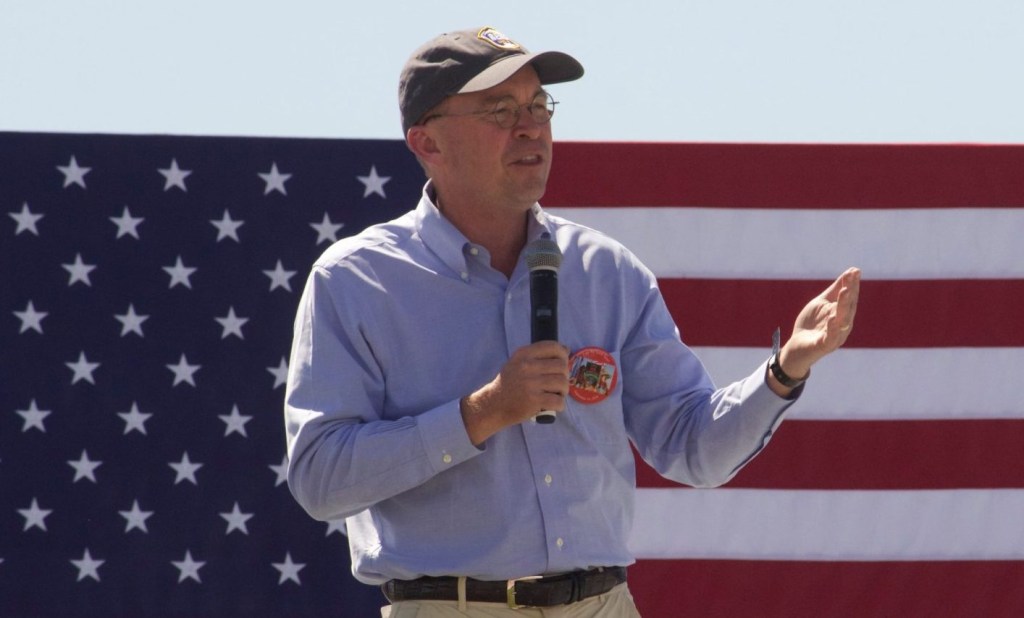

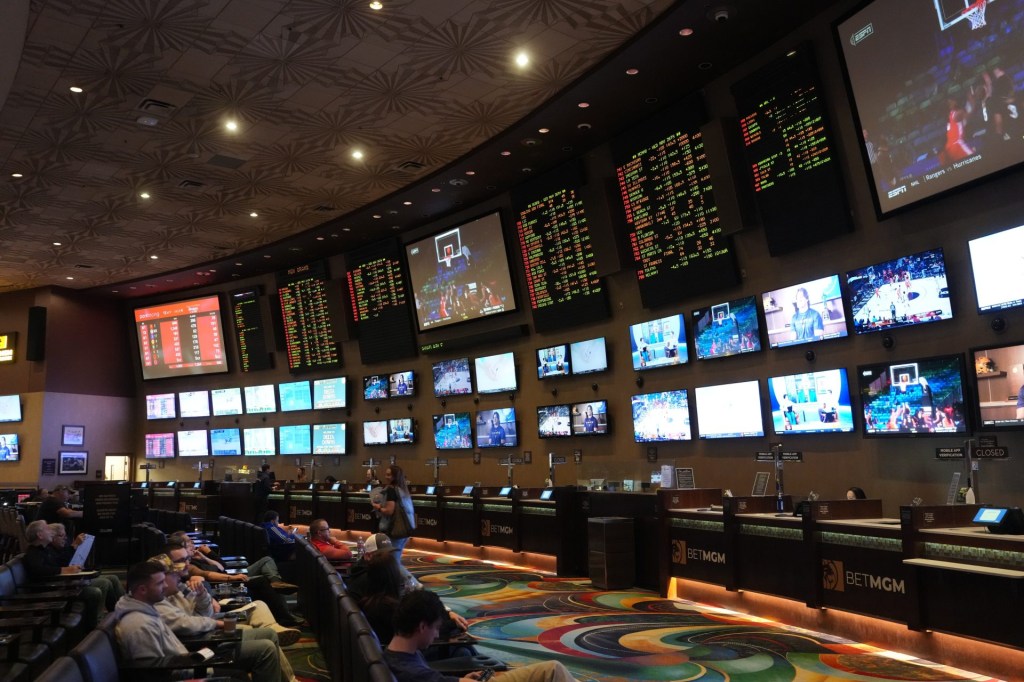


![ESPN Bet broadcasts inside the PGA Tour Studios building in Ponte Vedra Beach, Florida, on March 14, 2025. [Clayton Freeman/Florida Times-Union]](https://frontofficesports.com/wp-content/uploads/2026/02/USATSI_25668497_168416386_lowres-1-scaled.jpg?quality=100&w=1024)
